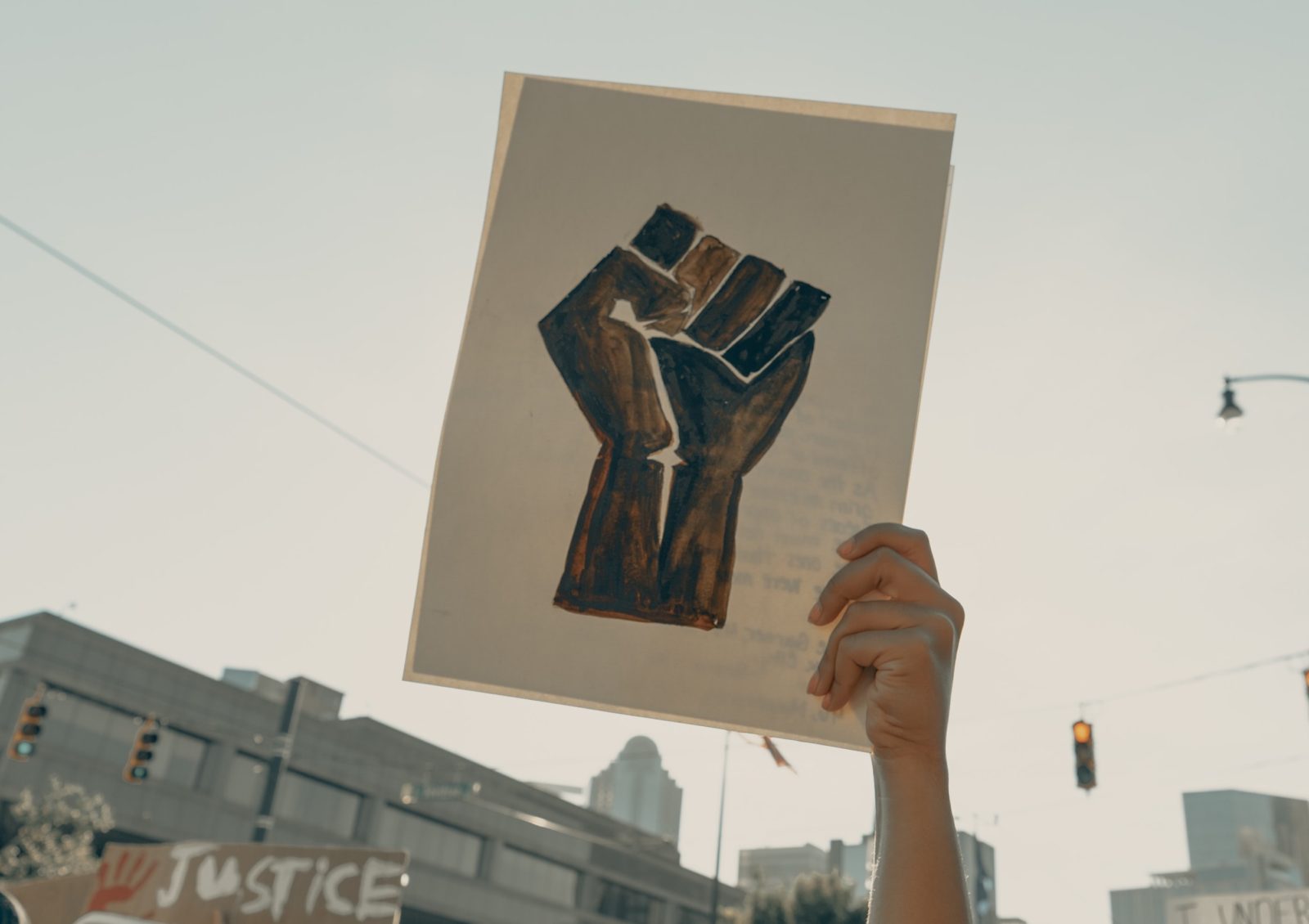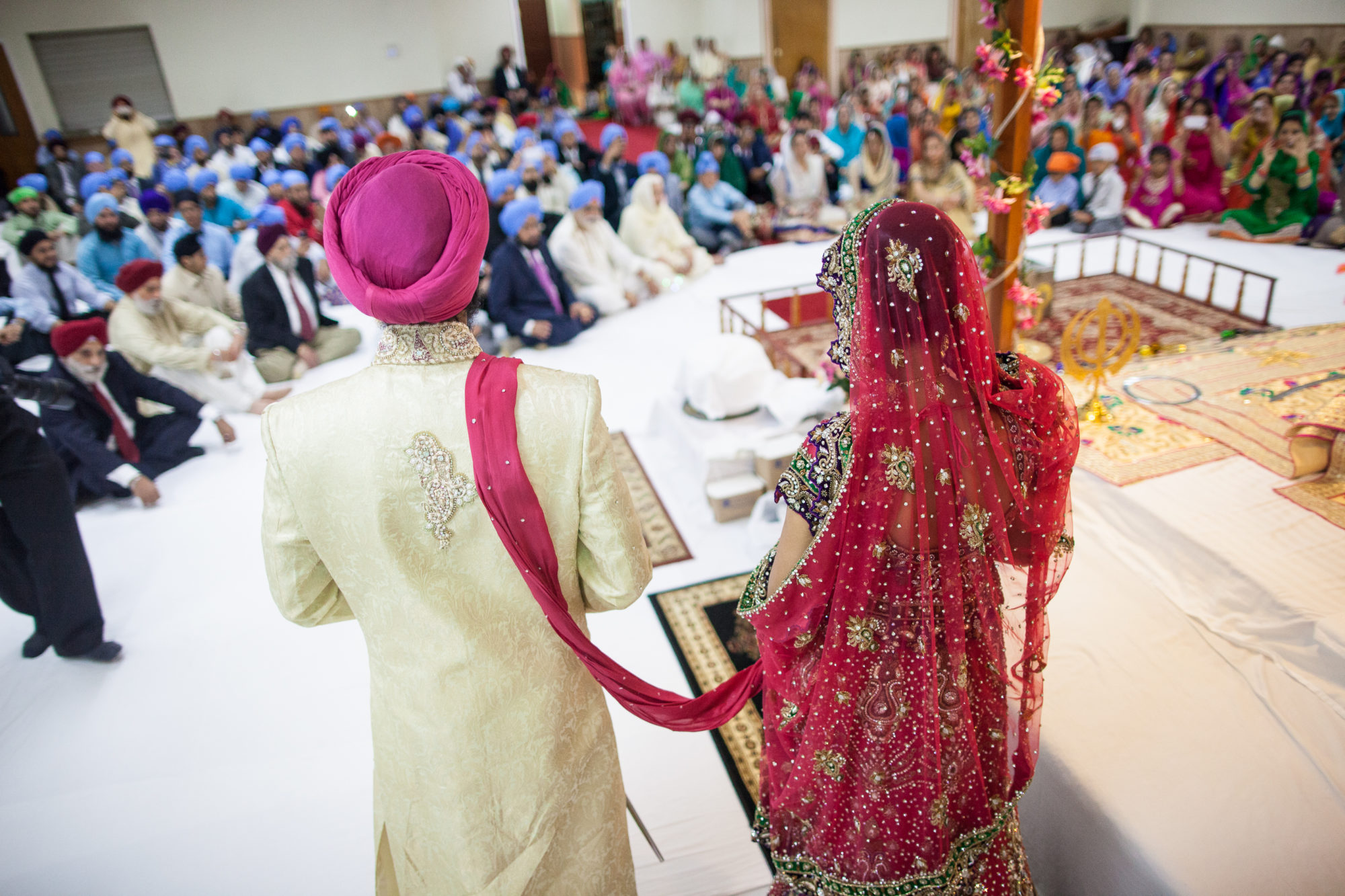This article is part of Kaur Life’s Black Lives Matter series created by Kaur Life board members and project advisors. Be sure to check out all of the articles.
Article 1: Should Sikhs Care About Black Lives Matter?
Article 2: Why Should Kaurs Support BLM?
Article 3: How Does anti-Blackness Show Up in the Sikh Community?
Article 4: How and Why do Sikhs Align with Whiteness?
Whether we like it or not, we have to accept that we have biases. “We’ve been socialized and brainwashed by the system we live in to be prejudiced,” writes Pink Ladoo. “Nothing will change until we accept this. Saying, ‘I’m not like that’ isn’t helpful. We’re all ‘like that’, and that’s the sad truth. We all need to urgently acknowledge and accept our condition. Only then will we be able to create real change because, only then will we be able to honestly and earnestly take steps to undo and reverse that conditioning. Only then will we deeply analyse our thoughts and behaviors and make the necessary changes…”
All minorities face discrimination from one degree to another. How do we, as marginalized groups and racial/ethnic minorities, band together with white allies to demand equal rights and a society free of discrimination? How can we come together, building our strength in numbers, under the banner of social justice? How do we develop an ethos where when one group is attacked, we all feel attacked? How do we start feeling each other’s pain? Activism, advocacy, and self-education are a few ways we can start.
Are you ready to build empathy with others? Are you ready to overthrow power and systems that benefit us disproportionately? Are you ready to sacrifice access and entitlement? “Anti-racism is not an identity or a checklist, it’s a practice,” writes Andrea Ranea. “It’s an ongoing decision to uproot the ways white supremacy* resides within you, your relationships, and the systems you navigate each day.”
Resources
If you’re ready to start or continue your journey to become anti-racist, check out our list of resources, actions, advocacy, and self-education you can engage in. We’ve also included a section on how you can challenge racism in your families, amongst friends, in sangat, and at Gurdwara.
Still have some hang ups? Concerns? Questions? Take a look at Jack Lam’s, “Common Things that Get in the way of Allyship.”
We are trilled about this journey for us as Sikhs. Expanding our knowledge, internalizing Gurmat, unlearning bias, and building solidarity with other communities is an exciting endeavor. Gur Ang Sang! May Guru be beside you!
*A note on white supremacy
From Harleen Kaur, Kaur Life Board member, PhD candidate in Sociology, studying white supremacy & institutional racism:
While our modern understanding of white supremacy is very much rooted in neo-nazi groups, like the KKK, white supremacy is as simple as the idea (explicit or unacknowledged belief) that white people are innately superior/deserving of better treatment/livelihood/etc.
White supremacy is “a political, economic, and cultural system in which whites overwhelmingly control power and material resources, conscious and unconscious ideas of white superiority and entitlement are widespread, and relations of white dominance and non-white subordination are daily reenacted across a broad array of institutions and social settings,” Ansley, Frances L. 1989. “Stirring the Ashes: Race, Class and the Future of Civil Rights Scholarship.” Cornell Law Review 74(6):993–1077.
Within that, we also have the counter force of anti-Blackness, or the idea that Black people (and other racialized people who are not white) do not deserve the same treatment, and in fact much worse.
This series was a collaborative effort between Kaur Life board members (Lakhpreet Kaur, Isha Kaur, Harleen Kaur, Dr. Mohan Singh, & Sukhjinder Kaur) and project advisors (Jaipreet Kaur & Darsh Singh).





No Comments